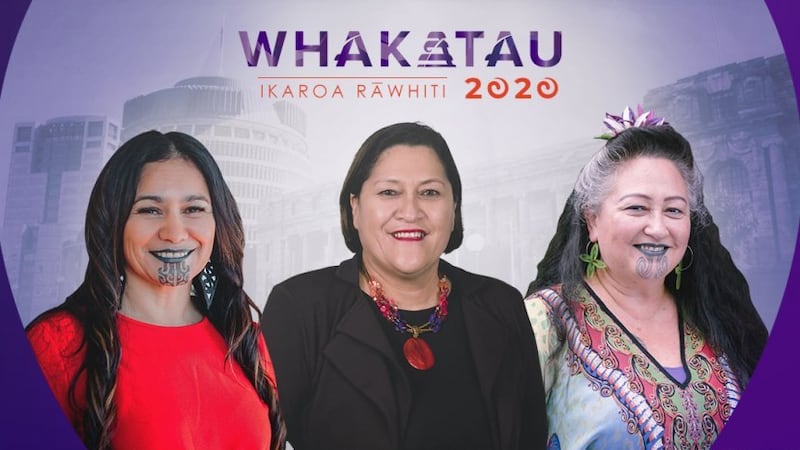Ikaroa-Rawhiti has been held by Labour since its creation in 1999, first by Parekura Horomia until his death in 2013 and now his successor, Meka Whatiri.
Tonight's debate will feature three candidates standing for the seat at this election: Heather Te Au Skipworth (Māori), Meka Whaitiri (Labour) and Elizabeth Kerekere (Green). Viewers can watch the debates from 7pm live on Māori TV, Te Ao Facebook and our website.
This year the electorate saw the Tuia 250 event, which celebrated Aotearoa New Zealand's Pacific voyaging heritage, take place across the region, attracting many supporters but also criticism from local groups and many others across Aotearoa, particularly when it commemorated Captain James Cook's first voyage to this country and the subsequent fatal encounter with local Maori.
As with many other iwi, the people of Ikaroa-Rāwhiti were quick to act when Covid-19 crossed the borders. Many iwi responded with manaakitanga and response plans for its communities.
According to the 2018 Census, the electorate's biggest industries are manufacturing, followed by agriculture, forestry and fishing. The electorate is a big contributor to horticulture as well, with the largest area of land used for growing food in the North Island. Over one-fifth (21.4%) of the Māori descent population over 15 had personal income between $30,000 and $50,000, the highest share among the Māori electorates.
This year’s candidates for Ikaroa-Rāwhiti are:
- Meka Whaitiri (incumbent)
Labour Party
Born and raised in Manutuke, Gisborne and educated in Hastings, Meka Whaitiri was head girl at Karamu High School. She also played netball and softball at a national level. Her passion for Māori governance grew from her sound knowledge of how government and Parliament work. Whaitiri rose to become the deputy secretary of the Department of Labour and senior adviser to then Māori Affairs Minister Parekura Horomia. She has held pivotal roles in both Rongowhakaata and Ngāti Kahungunu iwi.
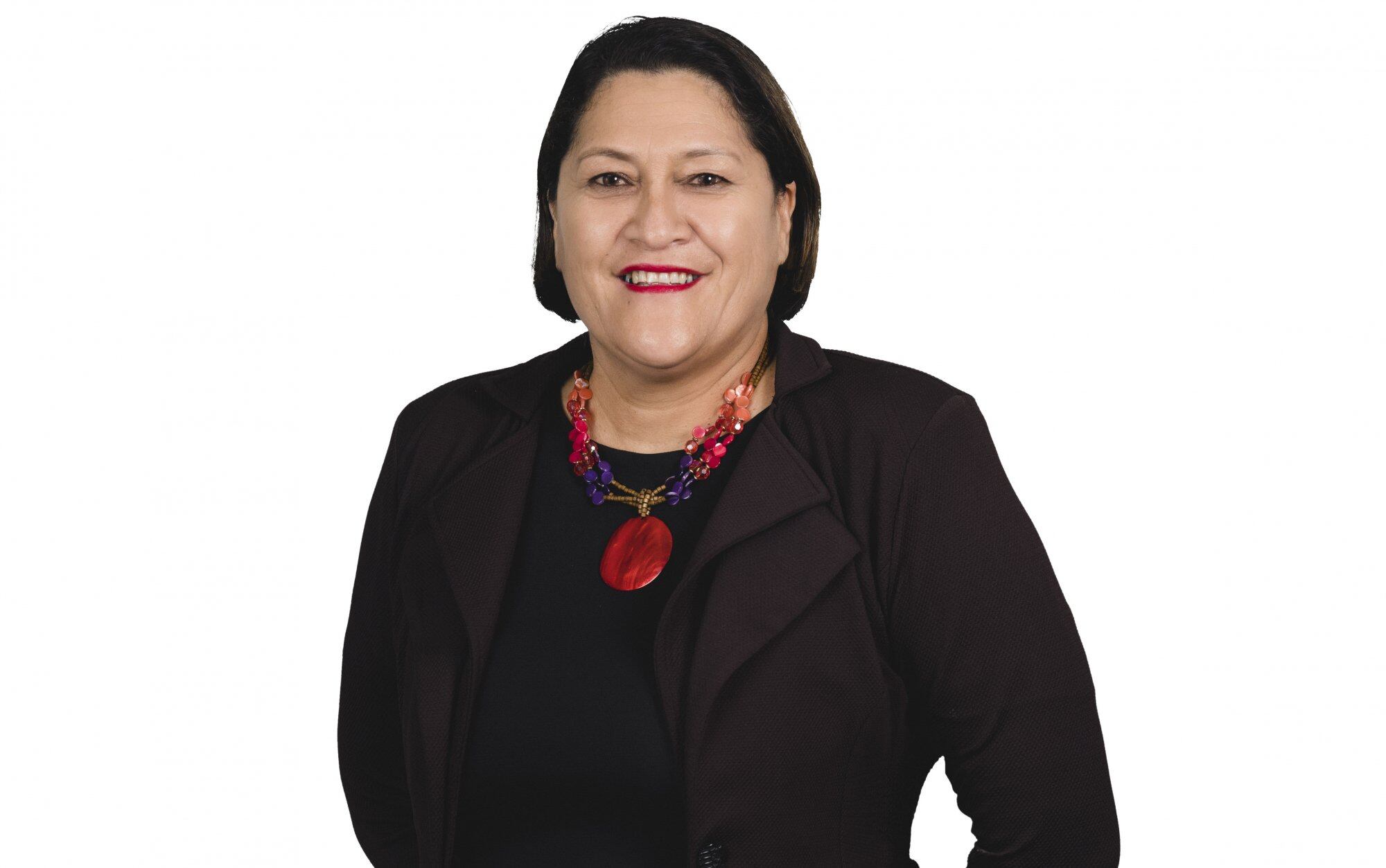
- Heather Te Au Skipworth
Māori Party
Heather Te Au-Skipworth QSM, founder and chief executive of IronMāori, will contest the seat for the Māori Party. She is a descendant of Ngāti Kahu, Ngāti Kahungunu and Te Arawa. Heather joins Debbie Ngarewa-Packer (Te Tai Hauāuru) and Rawiri Waititi (Waiariki) in a resurgent and refreshed Māori Party team.
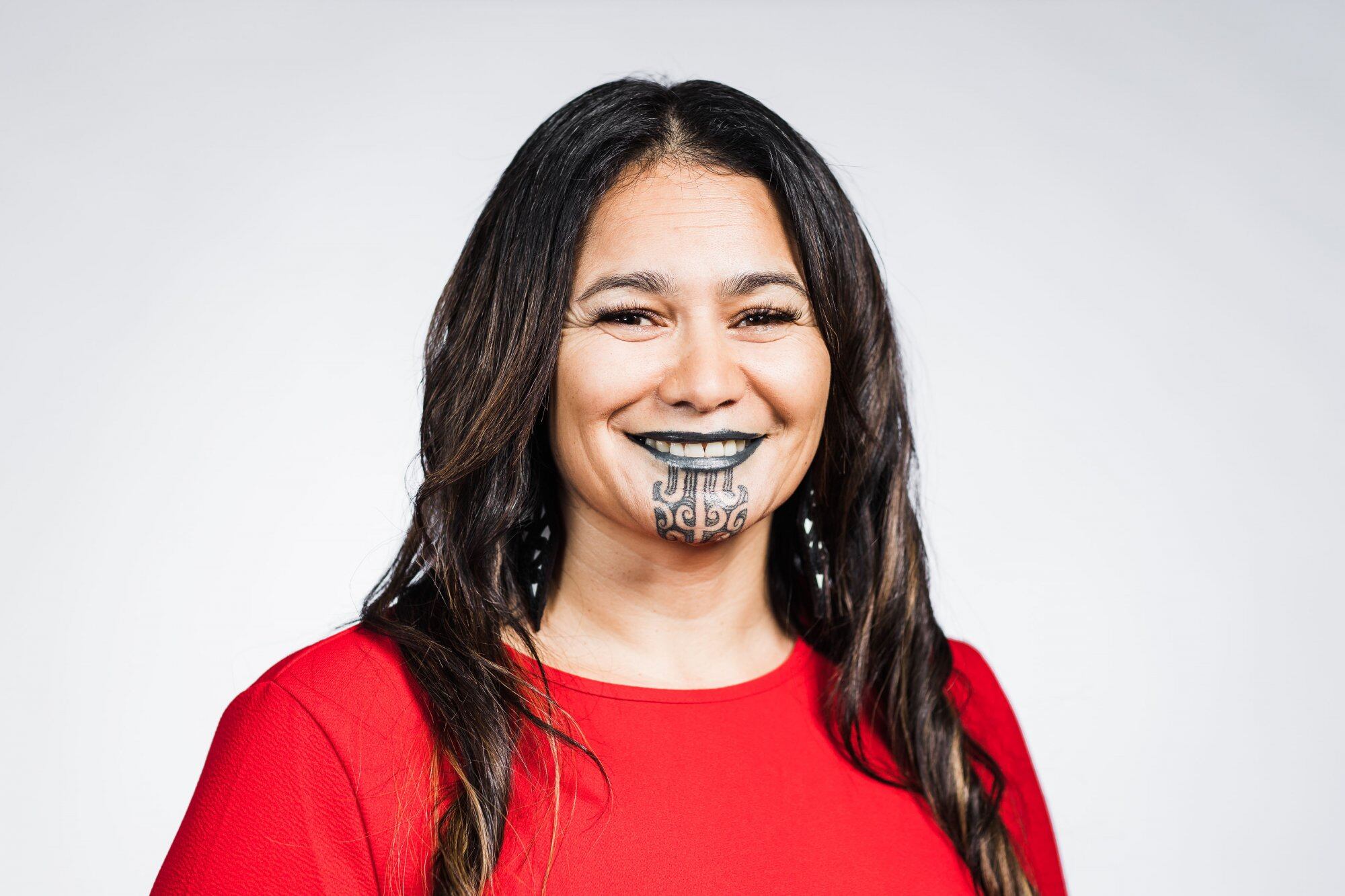
- Elizabeth Kerekere
Green Party
An activist and researcher for almost 40 years, Elizabeth Kerekere has focused on kaupapa Māori and Te Tiriti issues. As a leader and mentor within Rainbow, suicide prevention and youth development sectors for over 30 years, she has represented human rights issues overseas, including at the UN. She works on local and national projects across mental health, violence prevention, indigenous human rights and youth development. Elizabeth has ties to Ngāti Oneone, Te Aitanga a Māhaki, Whānau a Kai and Rongowhakaata.
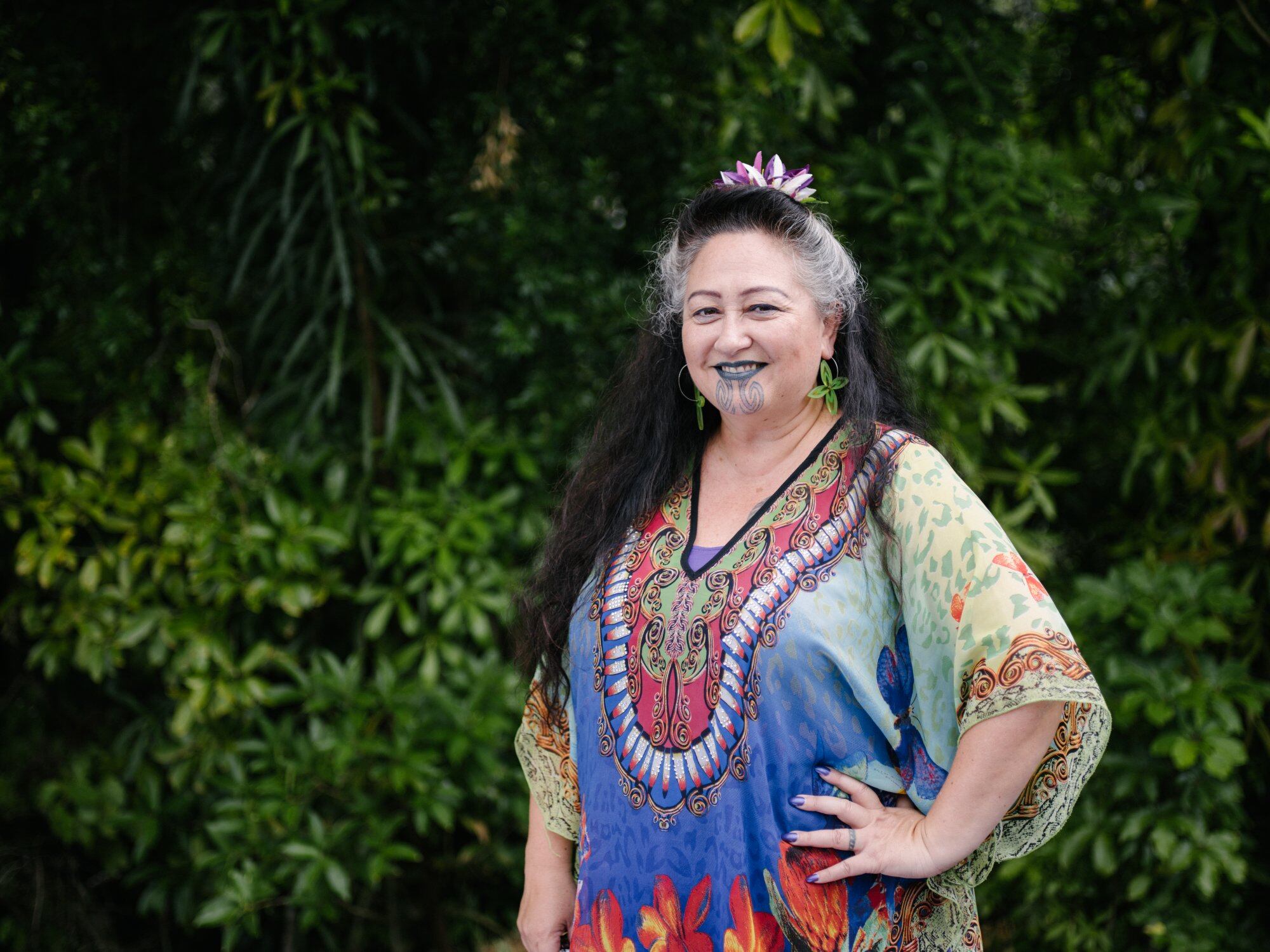
- Kelly Thurston
Outdoors Party
Thurston was born and raised in Taumarunui, King Country, "and educated to guard and defend the Tunakotekote." She calls herself a wahine toa of Te Kooti, Moriori, Ruapani and Ngai Tahu. Thurston represents the Outdoors Party. She says whanau/family management is paramount for successful outcomes of the family. She stepped back from being a baptized minister of Jehovah Witness, "so I could stand tall and be elected."
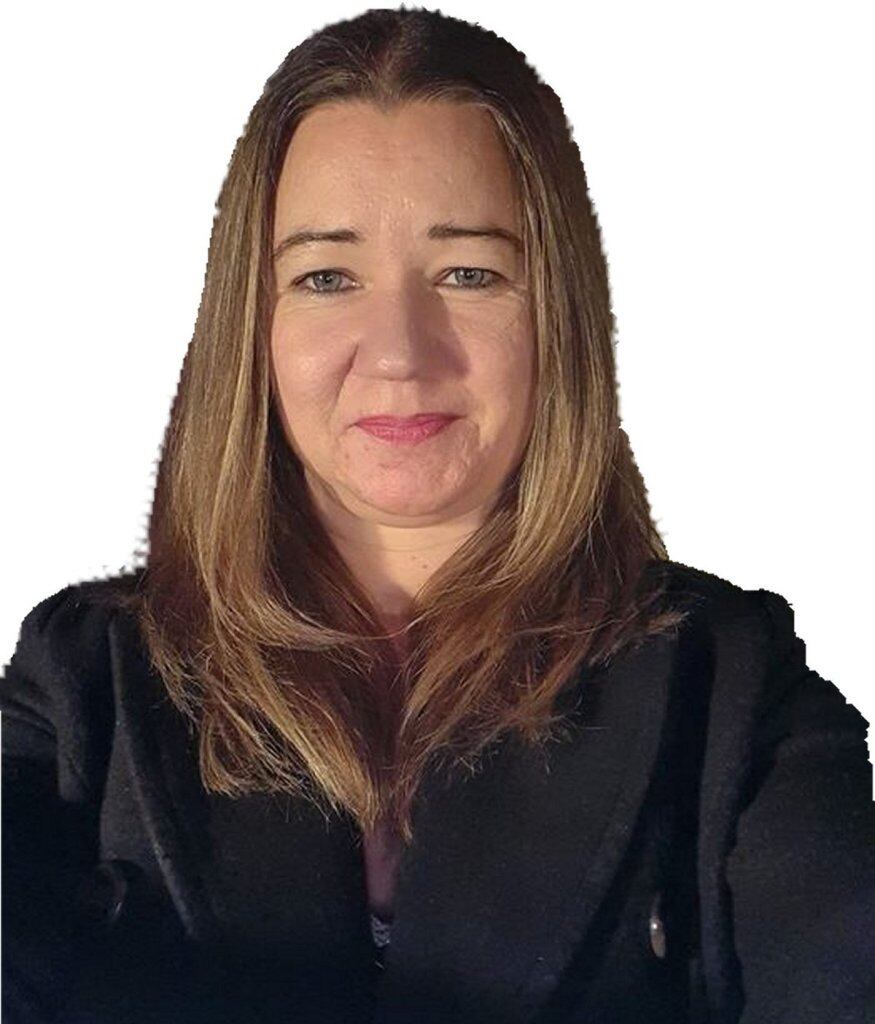
Past elections
In 2017, 22,262 Māori electorate votes were counted. Labour's Meka Whaitiri was the winner with 55% of the vote. The closest candidate to her was Marama Fox with 36% (Māori Party) and Elizabeth Kerekere with 8% (Green Party).
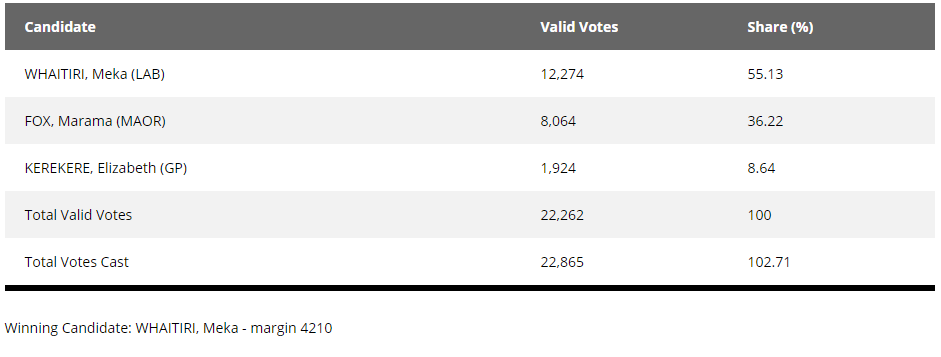
As of September 30, there are 35,757 registered voters in the electorate.
The Electorate
The Ikaroa-Rāwhiti Electorate represents east coast towns/cities such as Gisborne, Wairoa, Napier and all the way down to most of the Hutt Valley, Wainuiomata and Wairarapa. This year the electorate also gained an area around Naenae. It is home to Ngāti Porou, Rongowhaata, Ngāti Kahunungu and Ngāti Toa.
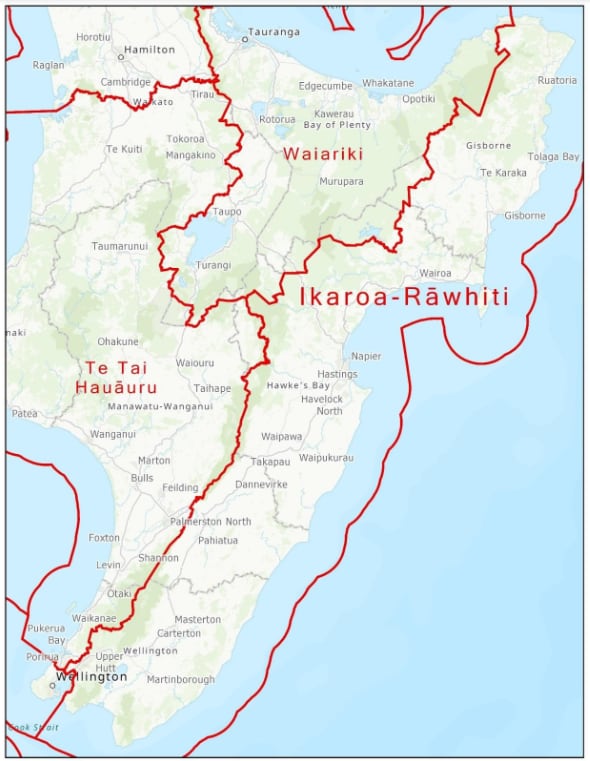
The median age in Ikaroa-Rāwhiti keeps up with the national average of 36-38. The largest age group is the 18-24 year olds (4,436), followed by the 25-29 year olds (3,971).
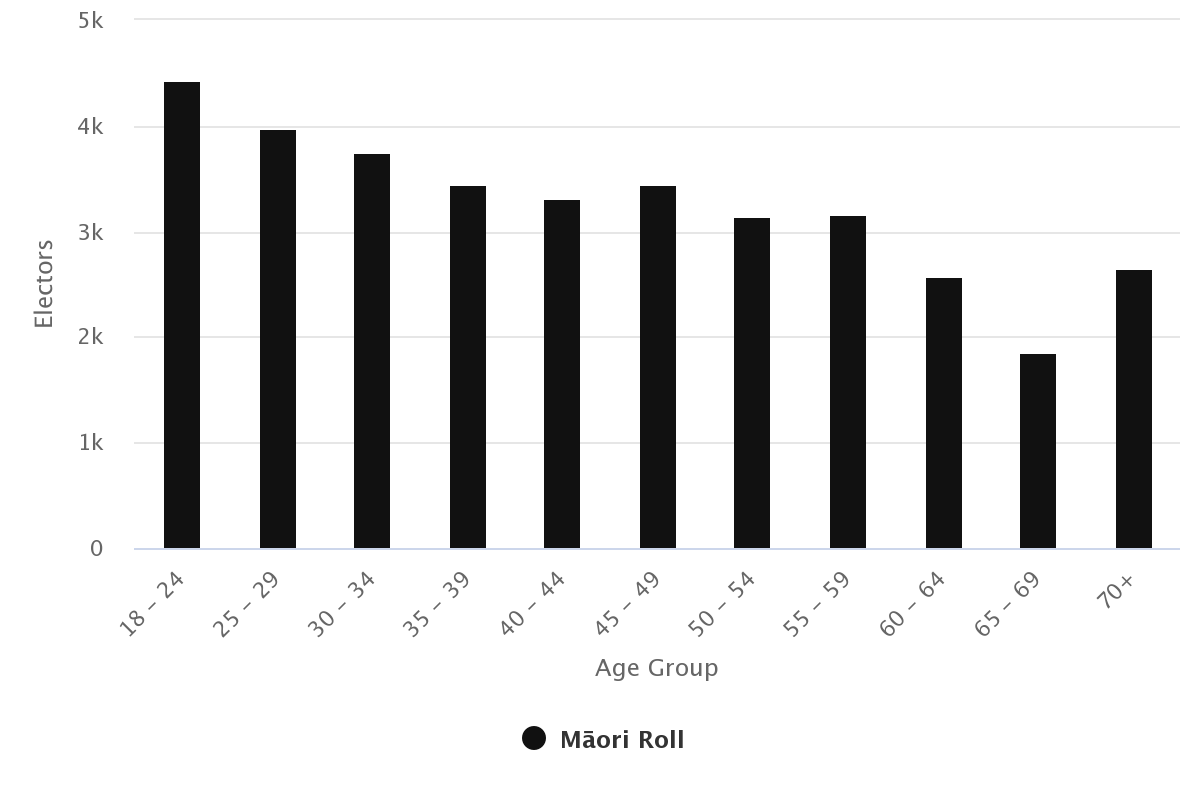
Hosted by journalist and lawyer David Jones, the seven Māori Television debates started on Monday with Te Tai Hauāuru, and are featuring candidates from each of the seven Māori seats. An eighth special te reo Māori debate, open to all the main party candidates in the general seats, will also be broadcast on Tuesday, October 6.
The remaining debates are: Hauraki-Waikato, Thursday, October 1; Waiariki, Sunday, October 4; Reo Māori, Tuesday, October 6; Te Tai Tonga, Wednesday, October 7; Te Tai Tokerau, Thursday, October 8; Tāmaki Makaurau, Sunday, October 11.
Māori Television will broadcast the Ikaroa-Rāwhiti debate tonight. Starting at 7 pm, you can watch on: our website, the Te Ao Facebook page or Māori Television on Sky and Freeview.

